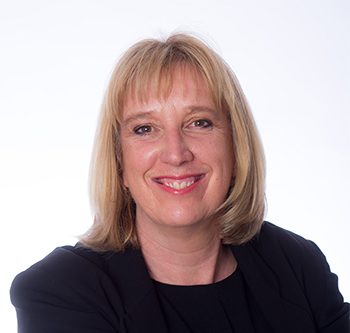Lean employment opportunities in one industry, talent shortages in another. As recruiters navigate the modern world of hiring, they must understand how resumes in the future are changing, and why it’s for the best.
From paper to digital
The age of the paper-based resume is over. Modern job seekers recognise that in a digital and data-driven world they can only thrive if they harness the power of technology and can be found online.
As a result, recruitment as an industry has had to get creative about how and where to find talent. As Rachel Hill, Managing Director at Hill Consulting explains, that’s meant a major shift to digital, where following someone’s digital footprint and exploring their skills and capabilities online has become the norm.
“People no longer expect you to create a paper CV and send it in via the post or even online,” she says.
Instead, here are five ways resumes are changing for the better.
1. Keywords and skills
Making your career presence known online is more important than ever, says Rachel. Recruiters are searching for keywords and skills, rather than for individuals. Therefore you need to have those relevant terms identifiable on your LinkedIn profile, website or online portfolio.
“A lot of recruiters and a lot of the new platforms allow for things like Boolean search,” Rachel explains. “So it’s all about having mentioned those keywords, key projects, or the key skills you’ve developed – because that’s how companies and recruiters will find you.”
2. The power of project history: It’s about what you’ve done, not for whom
The advent of social media and online platforms means individuals can post detailed summaries of their work history. In many instances, examples of a person’s project work will be made viewable by third parties too, whether it’s a video of your previous work, a downloadable of your project history, a white paper, website, and so on.
“Skills and experience should show less about who you’ve worked for, and more about what you’ve done,” Rachel says.
While in the past organisations would have sought out applicants with a minimum number of years’ experience, now “some companies might not care if you’ve got a degree or not. If you’ve done a three-year project on digital security, for example, and that’s the skill set they’re looking for, they’ll hire you.”
3. Greater transparency through screening
Resume and qualification checking services are essential to the modern recruitment process, meaning job seekers can’t risk any misrepresentation in their applications.
“There’s a lot more transparency because you know you will be caught if you’re being dishonest or misleading,” Rachel says. “Recruiters will check where you say you’ve worked and they will verify your qualifications.”
Of course there will always be the outlier – the individuals whose false qualifications and work history go undetected – but with today’s background screening services the chance of an unqualified applicant slipping through the cracks is very slim.
4. Focus on projects of interest, rather than ‘jobs’
Today’s workplace is global with technology constantly reshaping how we work. According to Rachel, the gig economy has also influenced the way people market themselves through their CVs.
“People are looking for projects and shorter pieces of work – no longer just a job,” she says.
“I’m actually finding with employers that job descriptions will soon be made redundant. They’ll just reach out to candidates and say, ‘We’ve got this project and we need these skills right now. Are you interested?’ So, they’ll hire on a per-project basis, rather than a permanent role.”
5. Blockchain
Finally, Rachel is convinced that blockchain, AI and machine learning will play a critical role in the future of resumes.
“If you think about blockchain, it’s made up of unique digital codes that can be verified,” she says. “So imagine a CV as a block in that chain – it’s unique to the individual, it includes all their skills and experience, and it’s been verified by their past employer.”
What this means is that instead of sending over a CV, job seekers could theoretically send their information through blockchain, containing all their skills and experience in a completely verified format.
And that fully transparent CV of the future might not be as far away as you think.
About Rachel Hill
Rachel Hill is a recruitment solutions expert, media commentator, popular keynote speaker and Project Director and Principal Consultant at Hill Consulting HRS Australia. She advises corporate Australia on how to best attract and recruit for key skill shortages in the 21st century by reviewing their process efficiencies, their people, and use of technology. Rachel is passionate about HR tech and the use of new technology and applicant tracking solutions in HR. She is the author of numerous blogs and articles on candidate experience, HR best practices and recruitment improvements.





